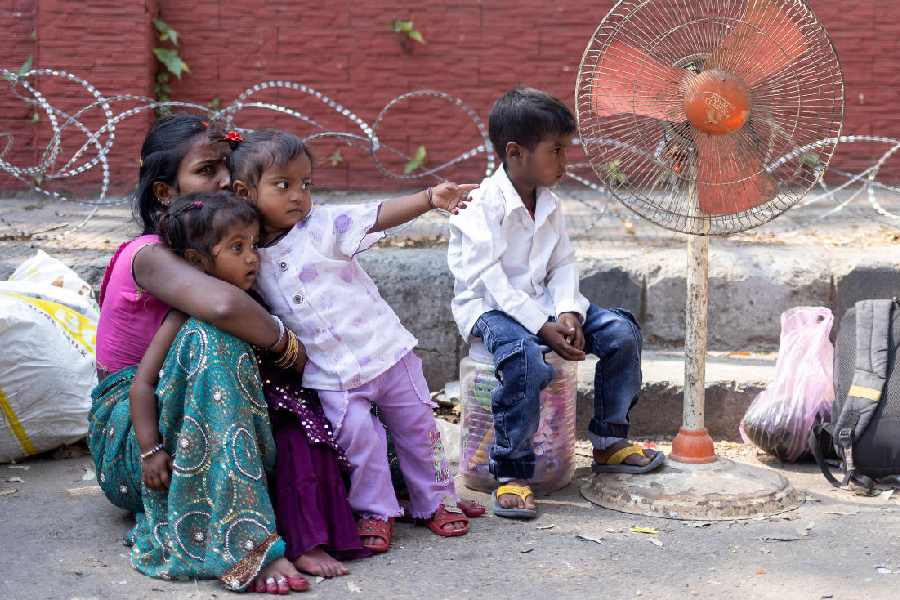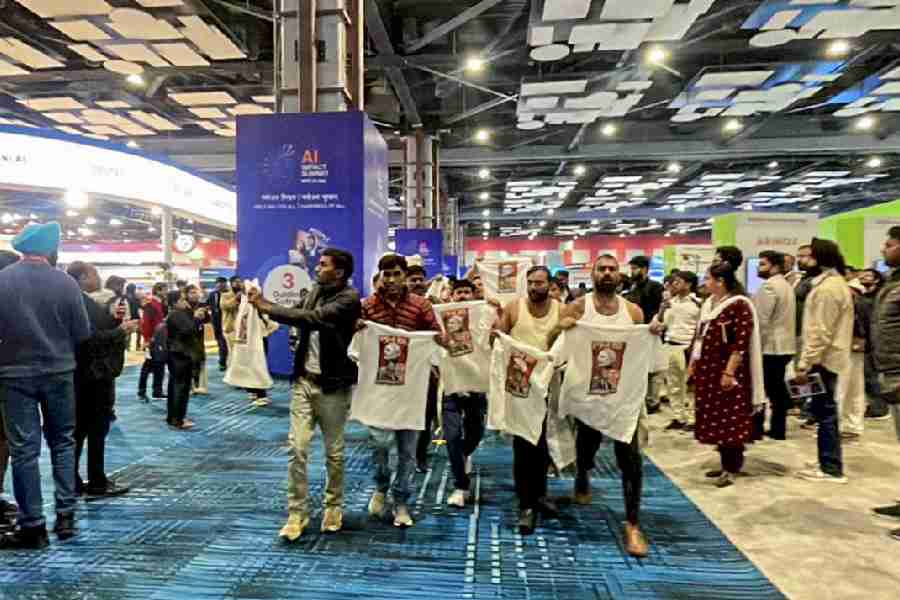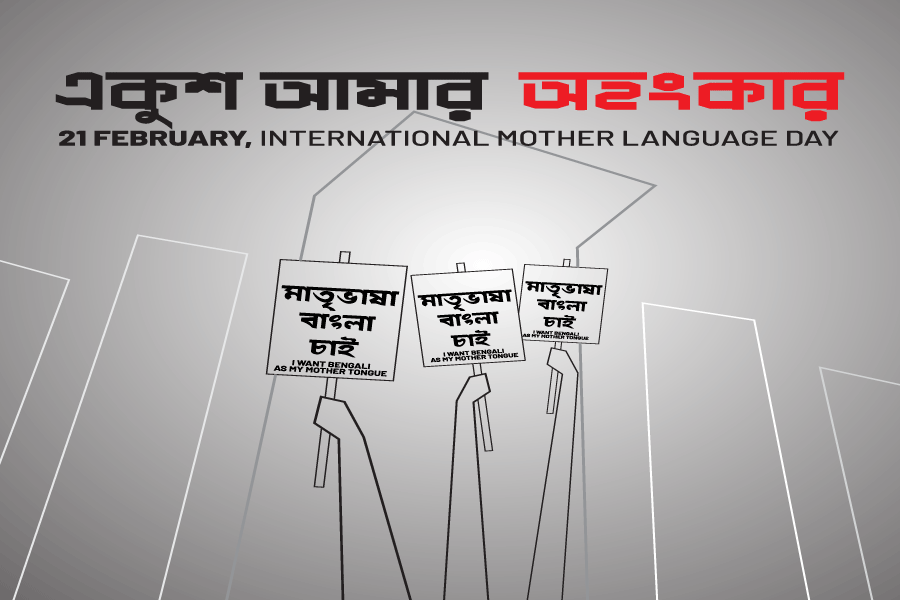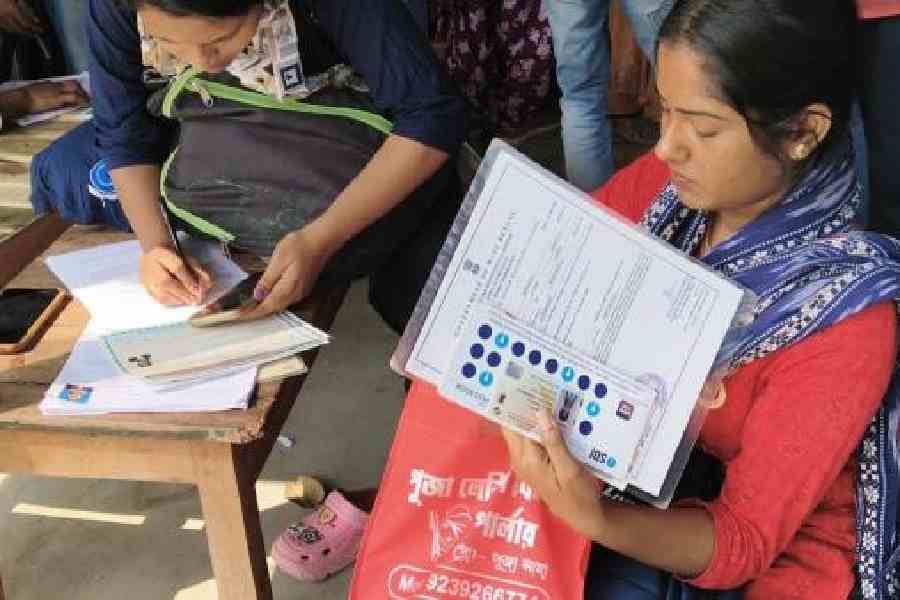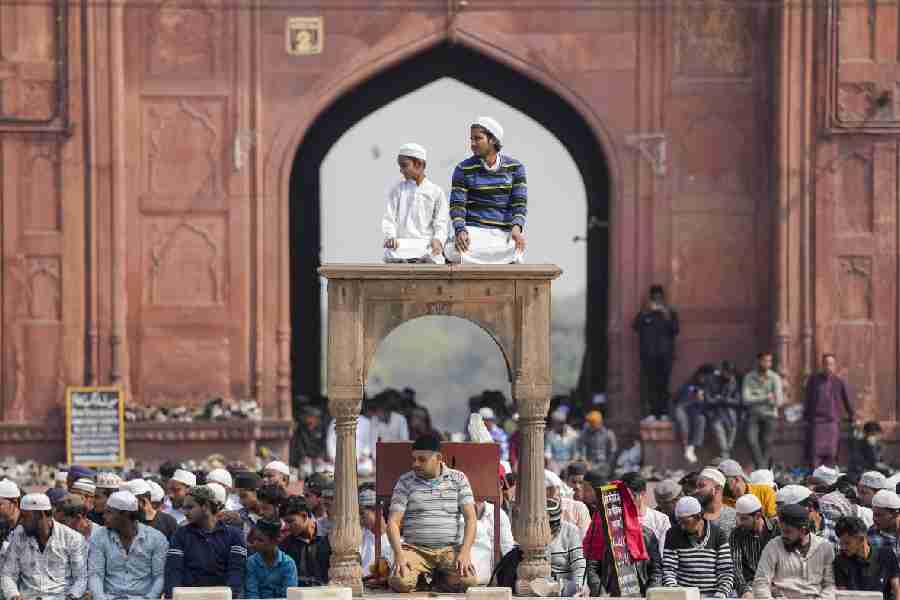A migrant worker in Ludhiana, the largest industrial hub of Punjab, on Monday recounted his harrowing experience during the four days of India-Pakistan conflict when fear gripped his extended family over basics like food and support in case of any exigency in the city, nearly 2,000km from his native state Odisha.
The worker, who did not wish to be identified, lives in his own house in Ludhiana with his wife and 14-year-old son. "We were in panic during the four days. I was worried about our safety and future. Had the conflict continued, living here would have become difficult for us," said the 50-year-old who works in a garment factory.
Migrant workers in Punjab and Jammu and Kashmir were the worst sufferers of the conflict. Experts stressed the need for a policy for such a huge workforce to help them during wars, epidemics and other exigencies.
The worker said his family in Odisha called him repeatedly, asking him to return, but it was a difficult proposition to travel back during those four days. When he went to the railway station, he saw a swelling crowd of workers jostling to board any train that came.
"Workers started leaving on the first day of the conflict. Workers from Uttar Pradesh, Bihar, Himachal Pradesh and Haryana started leaving immediately. For us, it is a long and risky journey," he said.
During the day, some movement of people could be seen on the roads. But in the night, there were blackouts in Ludhiana, he said. "A depressing feeling would haunt the whole night. The immediate urge was to leave and go back, but helplessness added to our plight," he said.
He visited grocery stores to find most shelves empty. He bought 20kg rice, 15kg potato and 5kg dal at much higher prices.
Abdul Rashid Najar, a leader of the Centre of Indian Trade Unions in Kashmir, said most of the migrant workers stayed back with the help of locals.
"Local people have extended all help to the migrant workers during these four days. Nearly 10 per cent of workers have left. But there was no support from the government," Najar said.
Labour activist Dharmendra Kumar said workers from Bihar, Jharkhand and Uttar Pradesh go to Punjab and Jammu and Kashmir to work in the construction, agriculture, garments, restaurants and road work sectors.
"The conflict also led to job losses temporarily since factories and work at sites remain suspended. Those who went back, had to spend a lot of money. All these economic costs are borne by workers only," Kumar said.
Labour economist K.R. Shyam Sundar, adjunct professor at MDI Gurgaon, said the government must protect migrant workers during a crisis. They were the worst sufferers during Covid-19 in 2020 and 2021.
"In any local or global conflict, migrant workers are the most insecure people. They are constantly worried about their security, food availability, and the risk of staying in that area. In the case of Muslim migrants, they face additional problems due to communal hatred. Sometimes, there may be conflict between migrants and non-migrants too. This incident has given a message that the government must come out with a policy for migrant workers to ensure they live safely during a crisis," Sundar said.

